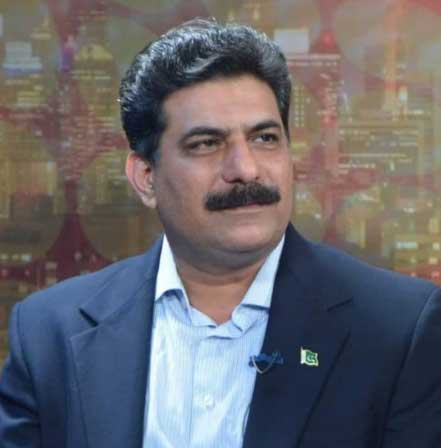In the long run, we shape our lives, and we shape ourselves. The process never ends until we die. And the choices we make are ultimately our own responsibility. (Eleanor Roosevelt)
Asking people to choose between privacy and health is, in fact, the very root of the problem. We can and should enjoy both privacy and health. We can choose to protect our health and stop the coronavirus epidemic not by instituting totalitarian surveillance regimes, but rather by empowering citizens. In recent weeks, some of the most successful efforts to contain the coronavirus epidemic were orchestrated by South Korea, Taiwan and Singapore. While these countries have made some use of tracking applications, they have relied far more on extensive testing, on honest reporting, and on the willing co-operation of a well-informed public.
Centralised monitoring and harsh punishments aren’t the only way to make people comply with beneficial guidelines. When people are told the scientific facts, and when people trust public authorities to tell them these facts, citizens can do the right thing even without a Big Brother watching over their shoulders. A self-motivated and well-informed population is usually far more powerful and effective than a policed, ignorant population.
Consider, for example, washing your hands with soap. This has been one of the greatest advances ever in human hygiene. This simple action saves millions of lives every year. While we take it for granted, it was only in the 19th century that scientists discovered the importance of washing hands with soap. Previously, even doctors and nurses proceeded from one surgical operation to the next without washing their hands. Today billions of people daily wash their hands, not because they are afraid of the soap police, but rather because they understand the facts. I wash my hands with soap because I have heard of viruses and bacteria, I understand that these tiny organisms cause diseases, and I know that soap can remove them.
But to achieve such a level of compliance and co-operation, you need trust. People need to trust science, to trust public authorities, and to trust the media. Over the past few years, irresponsible politicians have deliberately undermined trust in science, in public authorities and in the media. Now these same irresponsible politicians might be tempted to take the high road to authoritarianism, arguing that you just cannot trust the public to do the right thing.
Normally, trust that has been eroded for years cannot be rebuilt overnight. But these are not normal times. In a moment of crisis, minds too can change quickly. You can have bitter arguments with your siblings for years, but when some emergency occurs, you suddenly discover a hidden reservoir of trust and amity, and you rush to help one another. Instead of building a surveillance regime, it is not too late to rebuild people’s trust in science, in public authorities and in the media. We should definitely make use of new technologies too, but these technologies should empower citizens. I am all in favour of monitoring my body temperature and blood pressure, but that data should not be used to create an all-powerful government. Rather, that data should enable me to make more informed personal choices, and also to hold government accountable for its decisions.
If I could track my own medical condition 24 hours a day, I would learn not only whether I have become a health hazard to other people, but also which habits contribute to my health. And if I could access and analyse reliable statistics on the spread of coronavirus, I would be able to judge whether the government is telling me the truth and whether it is adopting the right policies to combat the epidemic. Whenever people talk about surveillance, remember that the same surveillance technology can usually be used not only by governments to monitor individuals – but also by individuals to monitor governments.
The coronavirus epidemic is thus a major test of citizenship. In the days ahead, each one of us should choose to trust scientific data and healthcare experts over unfounded conspiracy theories and self-serving politicians. If we fail to make the right choice, we might find ourselves signing away our most precious freedoms, thinking that this is the only way to safeguard our health.




